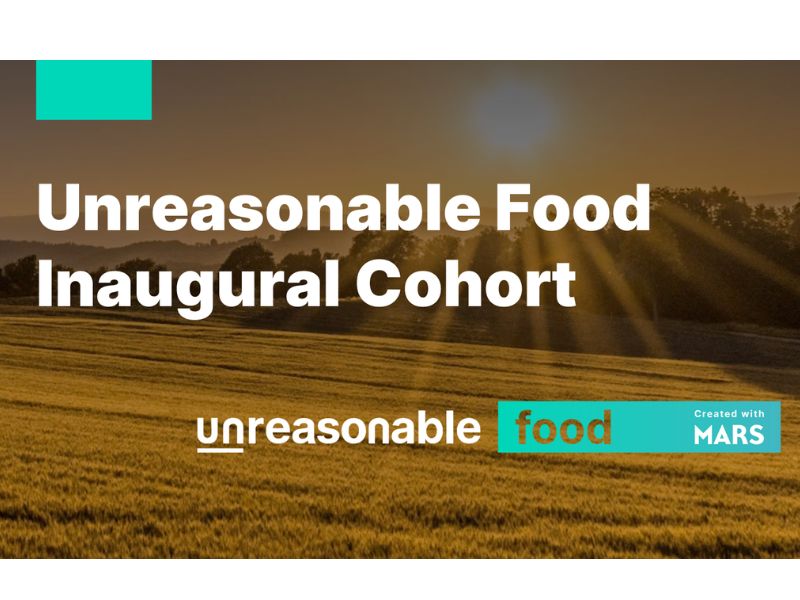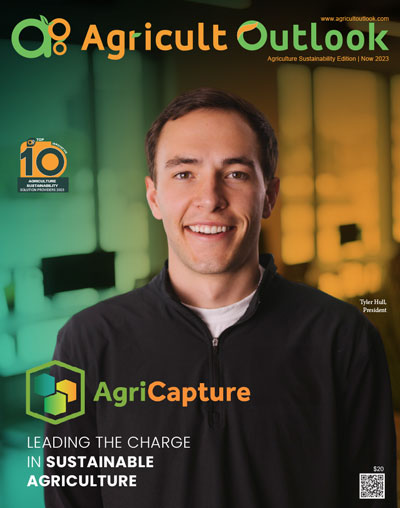Mars, a multinational manufacturer of confectionery, pet food, and other food products, has officially announced, in collaboration with Unreasonable Group, the inaugural cohort of companies positioned to re-define our food systems. To expand upon the same, both Mars and Unreasonable Group selected fifteen purpose-led, growth stage ventures, and their leaders, on the basis of their potential to drive impact at scale across the food value chain. But what actually went into the selection process? Well, the committee made for this very purpose reviewed every option based on four distinct pillars i.e. shaping the Future of Food, improving farmer livelihood, transforming food supply chains, and reimagining sustainable packaging. In a more practical sense, though, this criteria translated to the company’s problem statement and solution mind-set, technology readiness and differentiation, funding and traction, potential impact, scalability, and timeline to partner. Having touched on the selection process, we now must turn our attention towards companies that actually made it into the cohort. For starters, there is Mootral, a producer of feed additive which reduces methane emissions from dairy cows by up to 30%, while simultaneously increasing milk yields. Next up, we have Sea Forest. Sea Forest basically produces red seaweed-based feed additives that reduce cattle emissions by up to 90%. Moving on to Yard Stick, it has its utility rooted in supplying a low-cost solution for directly measuring carbon in the soil. By low-cost, we mean an almost 70-90% lower cost per acre compared to lab testing. Then comes Regrow Ag, a company that uses satellite imagery modeling to measure and reduce Scope 3 emissions in agriculture.
“We are excited to welcome these ventures to the Unreasonable Food family,” said Daniel Epstein, CEO of Unreasonable Group. “Their innovative solutions and commitment to creating a more regenerative, inclusive, and equitable future of food align perfectly with our mission. We look forward to supporting their growth and connecting them with Mars to drive lasting mutual impact and value.”
Joining the cohort next would be LandScan. This one is known for empowering precision agriculture through a digital twin of the farm that provides targeted soil data on a field map. Once generated, the stated data is applied to reach upon novel insights and decision support for crop and land management. Apart from that, the cohort can expect participation from the likes of Nitricity and Absolute. Talk about the former, it produces distributed fertilizer production systems that make nitrogen fertilizer using air, water, and renewable energy. As for the latter, it is a bioscience company harnessing nature’s evolutionary intelligence to produce innovative and sustainable agri-inputs, dairy, and other biomaterials. Hold on, we still have a few more bits left to unpack, considering we still haven’t mentioned anything regarding Xampla. The company was adjudged as qualified for the cohort due to its knowhow in creating plant-based materials that mimic properties of traditional plastics but are entirely biodegradable and environmentally friendly across both marine and soil environments. Another company working to create biodegradable material is Loliware. You see, Loliware creates seaweed-based packaging materials that are biodegradable and home compostable, and it does so using its patented Sea Technology resins.
Beyond these companies, Mars and Unreasonable Group also recognized Farmerline as a part of their inaugural cohort. In case you weren’t aware, Farmline provides farming education, access to inputs, and traceability solutions to improve smallholder farmer incomes. As for the remaining 5 spots, they are taken up by the likes of 80 Acres Farms, MycoTechnology, Voyage Foods, String Bio, and Air Protein.




